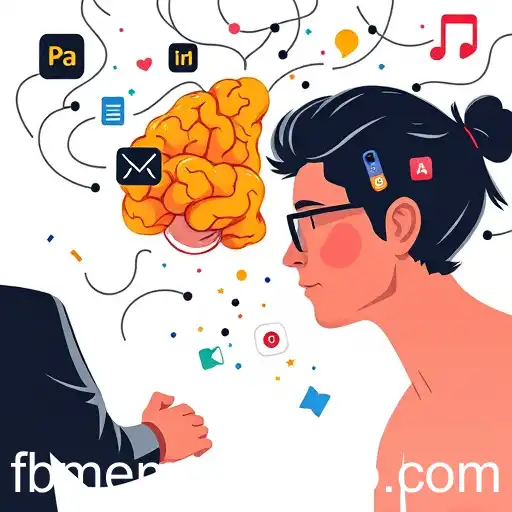
Explore the rise of gamification, its influence on digital platforms, and its implications in 2025.
As we advance further into the second half of the decade, the digital trend of gamification continues to dominate various facets of online platforms. In the gaming world, sites like the English game hub 'fbmemotion' are thriving by continuously engaging users through interactive and emotionally resonant experiences that attract a diverse audience.
Fbmemotion, in particular, has become a notable player in this arena, leveraging gamification techniques to create more dynamic user engagement. By incorporating elements traditionally found in games such as points, leaderboards, and challenges, fbmemotion taps into intrinsic human motivations that drive users to keep coming back for more interactive experiences. This not only increases user retention but also builds a community around shared digital experiences.
In the wider context of 2025, gamification is not limited to gaming websites; it extends to educational platforms, corporate settings, and consumer applications. The appeal is clear: by making otherwise mundane experiences engaging, platforms can capture attention and influence behavior in desired ways. This prevalence has sparked conversations about the ethical implications, especially around user data privacy and the risk of excessive screen time.
The integration of gamification elements is also reshaping game design. Developers are now seeking innovative methods to build personalized experiences, aiming for emotional connections with players rather than simple entertainment. The shift reflects a deeper understanding of the psychology of gaming and its potential as a powerful tool for engagement.
As we look to the future, it's anticipated that this dynamic will evolve further, with advancements in technology offering new opportunities for immersive and emotionally driven experiences. Industry experts predict that AI and augmented reality will play significant roles in the evolution of gamification, enabling even more complex and engaging interactions.
In conclusion, as platforms like fbmemotion continue to capture the essence of gamification, they not only expand their user base but also shape the future trajectory of digital interaction. As society grapples with the opportunities and challenges presented by these developments, the impact of gamification will undoubtedly be a pertinent topic of discussion across various sectors.




